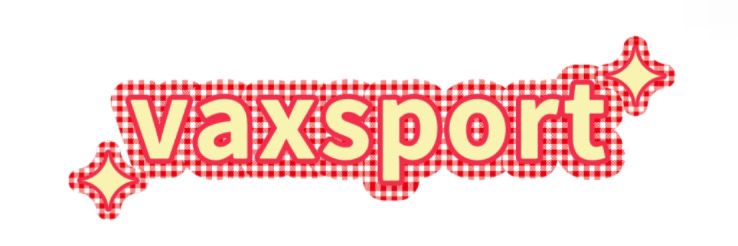Essential Guide to Hub Bearings: Types and Maintenance
Apr. 15, 2025
When it comes to vehicle performance and safety, the importance of functionality in various components cannot be overstated. Among these components, hub bearings play a critical role in allowing smooth wheel rotation and enabling steering precision. Understanding the different types of hub bearings and how to maintain them is essential for any vehicle owner.
If you want to learn more, please visit our website Hub Bearing.
Types of Hub Bearings
Hub bearings come in various types, each designed to cater to specific vehicles and driving conditions. The following are some of the most common types of hub bearings:
Unitized Hub Bearings
Unitized hub bearings, also known as hub assembly bearings, are a popular choice for modern vehicles. These are designed as a single unit that combines the wheel hub and the bearing itself. They are pre-lubricated and sealed, offering durability and ease of installation. Because they require minimal maintenance, unitized hub bearings are favored in many new cars.Ball Bearings
Ball bearings are another traditional type of hub bearing. They consist of balls that reduce friction between moving parts, allowing for smooth operation. Typically, these are found in older vehicle models or specific applications where precise control is needed. While they provide a reliable performance, they may require periodic maintenance to ensure they remain in good working condition.Tapered Roller Bearings
These hub bearings use tapered rollers to manage radial and axial loads efficiently. Tapered roller bearings are often used in heavy-duty applications, such as trucks and off-road vehicles, due to their ability to handle high-stress environments. This design allows for a higher load capacity, making it ideal for demanding driving conditions.
Maintenance of Hub Bearings
Proper maintenance of hub bearings is essential for prolonging their lifespan and ensuring optimal vehicle performance. Here are some key practices to consider:
Regular Inspections
Routine checks on your hub bearings can help identify wear and tear before they turn into significant issues. Look for vibrations while driving or unusual noises coming from the wheels. Such symptoms could indicate a problem with the hub bearing, necessitating further inspection.Lubrication
For types of hub bearings that require lubrication, ensure they are adequately serviced with the right type of grease according to the manufacturer's specifications. Proper lubrication prevents metal-to-metal contact, which can lead to overheating and premature failure of the bearing.Wheel Alignment and Balancing
Ensuring that your wheels are properly aligned and balanced can significantly reduce stress on the hub bearings. Misalignment can cause uneven tire wear and added pressure on bearings, leading to a shorter lifespan. Regular alignment checks should be part of your vehicle maintenance routine.Quality Replacements
If it comes time to replace your hub bearings, it is critical to choose high-quality components. Aftermarket bearings may be more cost-effective, but investing in quality OEM parts ensures better performance and longevity.
Conclusion
Understanding the types of hub bearings and their maintenance leads to better-informed decisions regarding vehicle care. These components are integral to safe and efficient vehicle operation. Prioritize regular inspections, proper lubrication, and timely replacements to keep your hub bearings in optimal condition. By doing so, you enhance your vehicle's performance while ensuring a safer driving experience.
Contact us to discuss your requirements of Deep Groove Ball Bearings manufacturer. Our experienced sales team can help you identify the options that best suit your needs.
11
0
0

Comments
All Comments (0)